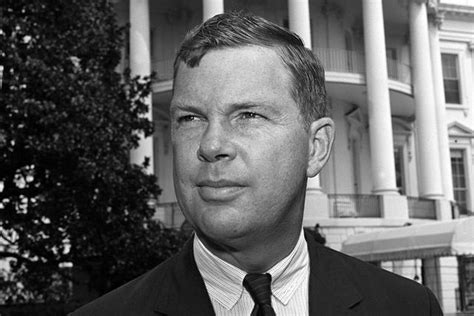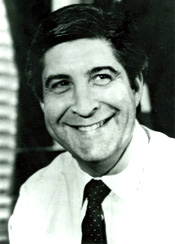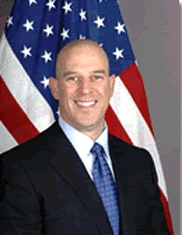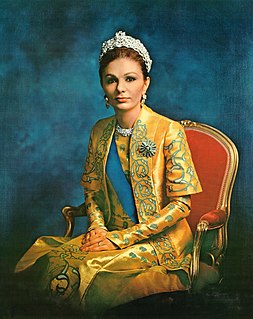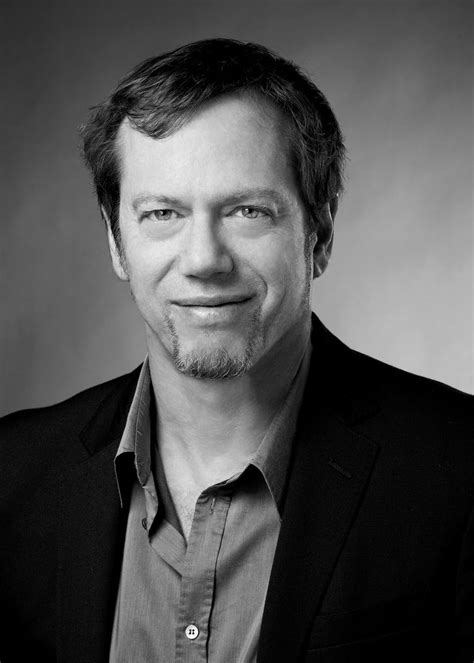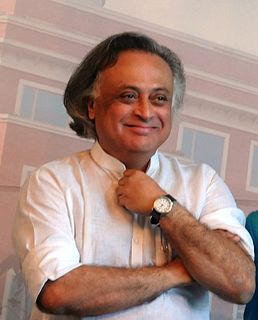A Quote by Tom Wicker
Our political parties exist for no other reason than to win power; they are not ideological debating societies designed to present a particular political philosophy and to persuade voters to accept it.
Related Quotes
One way we exercise political freedom is to vote for the candidate of our choice. Another way is to use our money to try to persuade other voters to make a similar choice - that is, to contribute to our candidate's campaign. If either of these freedoms is violated, the consequences are very grave not only for the individual voter and contributor, but for the society whose free political processes depend on a wide distribution of political power.
It's easy to talk about our system not functioning. It's actually functioning exactly the way we've designed it to function by giving so much power to the political parties, which all of our, you know, leading founders - Washington, Adams, Jefferson, Madison - all said don't create political parties like the ones we have now. We did it, and we're paying a very high price for it.
The adjective "political" in "political philosophy" designates not so much the subject matter as a manner of treatment; from this point of view, I say, "political philosophy" means primarily not the philosophic study of politics, but the political, or popular, treatment of philosophy, or the political introduction to philosophy the attempt to lead qualified citizens, or rather their qualified sons, from the political life to the philosophic life.
Our marvelous new information technologies boost our power and opportunities for political engagement, but they can also disempower us by contributing to extreme political mobilization that sometimes overwhelms our institutions. These institutions were designed for rural societies operation at a tiny fraction of today's speed and with a citizenry vastly less capable that today's. It's unclear how they will change to adapt to the new reality, but change they must.
I think frustration unfortunately, reflects a real breakdown in the political parties themselves, which is fascinating because our constitution did not anticipate political parties. They're not even written in the Constitution, there's no guidelines. When we look at the arcane processes of delegate selection in the primaries and caucuses, it's not in the Constitution. This is all created post Constitution. And yet I think we're in the middle of tensions between and within the political parties. They're not functioning that well.
The question is, how do you stop the power elite from doing as much damage to you as possible? That comes through movements. It's not our job to take power. You could argue that the most powerful political figure in April of 1968 was Martin Luther King. And we know Johnson was terrified of him. We have to accept that all of the true correctives to American democracy came through these movements that never achieved formal political power and yet frightened the political establishment enough to respond.
Modern equalitarian societies whether democratic or authoritarian in their political forms, always base themselves on the claim that they are making life happier. Happiness thus becomes the chief political issue -- in a sense, the only political issue -- and for that reason it can never be treated as an issue at all.
Elections in India are not contests between personalities. They are ultimately battles involving political parties; promises and pledges that political parties make; the vision and programmes that political parties bring to the table. So although, Modi's style is 'I, me, myself,' I don't think 2014 elections as a Modi versus Rahul contest.
The rise of a new kind of political science in the 1960s has been driving a wedge between political insiders and voters ever since. By turning voters into interest groups, it stopped establishment leaders from articulating a national narrative. It opened the way for Movement Conservatives to create today's political crisis.
Look, the United States doesn't have political parties. In other countries, take say Europe, you can be an active member of the political party. Here, the only thing in a political party is gearing to elections, not the other things you do. So it's basically, a way of making people passive, submissive objects.
